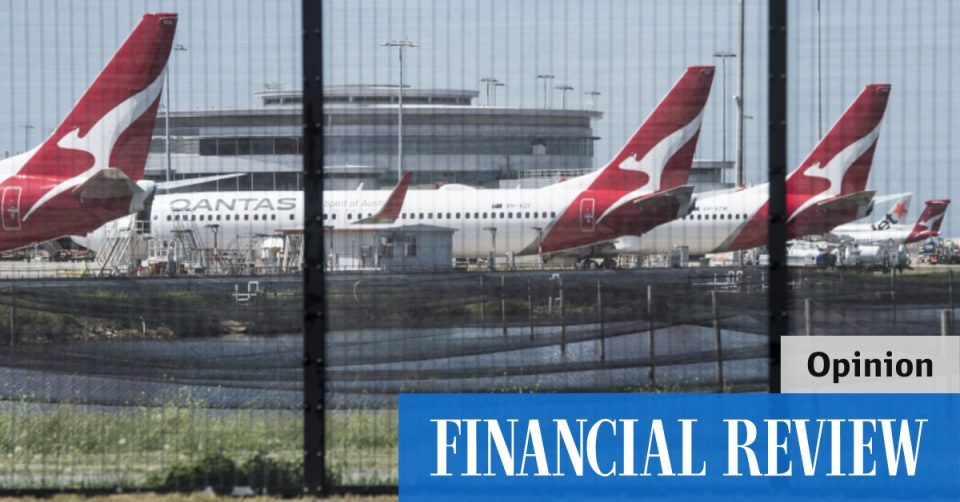For the majority, even not-so-mild cases that include several bad days of sweating and coughing and exhaustion and breathlessness seem painful but no longer life-threatening or life-changing.
Many COVID-19 virgins with important travel, social or work commitments coming up would prefer to get the inevitability of infection over with as soon as possible rather than wait.
The general tone in Australian politics ahead of an imminent election is one of reassurance that domestic life can still resume much as it was – just better.
The politics of the pandemic has also changed in 2022. The Morrison government likes to point out how well Australia did in the pandemic over two years compared to almost any other country in terms of lives lost. The opposition prefers to remind voters of the delays in ordering sufficient vaccines or in managing hotspots such as aged care.
But most people have become largely disinterested in the impact of COVID-19 beyond its more obvious intrusions into their own daily lives right now.
State governments have mostly given up their insistence on masks, proof of vaccination and border restrictions, although Victoria, naturally, remains a stickler for rules and Western Australia remains behind the rest of the country in their concept of COVID-19 reality.
But gone, too, is the Morrison government’s initial enthusiasm for using the crisis to institute major economic and political reforms. Yes, there’s far more emphasis on the need for building national economic resilience, including greater domestic manufacturing capacity and more reliable and trusted supply chains. There’s also far more government spending baked in for areas such as infrastructure and health.
The belief that employee performance could only be properly assessed if people turn up to the office five days a week is no longer valid in the wake of the great enforced experiment in working from home. For those who can, working from home for at least part of the week is a permanent part of the new normal.
Geo-political order under threat
But outside Australia’s borders, the stability of the global new normal is under greater threat than it has been in decades. The horror of Ukraine is demonstrating the unforgivable results when leaders are willing to alter the West’s view of international order through conflict.
Concerns about China’s intentions have not dominated international news as much in the face of the savage images of the Russian onslaught in Europe. But the respite is temporary, the sense of growing geo-political risk in this region much sharper.
Yet the general tone in Australian politics ahead of an imminent election is one of reassurance that domestic life can still resume much as it was – just better. It’s clear this election campaign will feature many of the usual tactics to gain advantage by claiming how much improved life will be under one side, how much worse under the other lot.
Labor is basing its campaign hopes on harvesting the public’s disillusion with the Morrison government and with the Prime Minister himself, rather than the promise of any dramatic change of policy. It has absorbed the hard lesson of the 2019 election. This is less about countering the Coalition’s hard economic numbers than sharing in the feelings of unfairness with people who feel let down by inadequate services or by personal experience.
So Anthony Albanese’s budget in reply speech was primarily an exercise in showing that Labor cares more than the Coalition – with the difficult area of aged care as the key, though still modest, exhibit of more spending.
But beyond vague promises of increased wages to combat the cost of living, Labor has no interest in broader substantive economic arguments over awkward topics such as tax or improving low productivity levels, or whether debt and deficit levels really matter any more.
The Coalition will rely on an unemployment rate heading to a 50-year low and mass labour and skills shortages gradually pushing up wages to match or beat inflation by later this year.
Getting that balance right seems highly optimistic given the level of inflation being imported, particularly those surging energy prices. But in a domestic economy continuing to grow strongly, the Morrison government is hoping some temporary financial inducements will help make up the perceptions gap during the next several weeks.
That’s campaign normal – at least until the next big shock.


